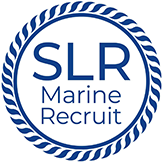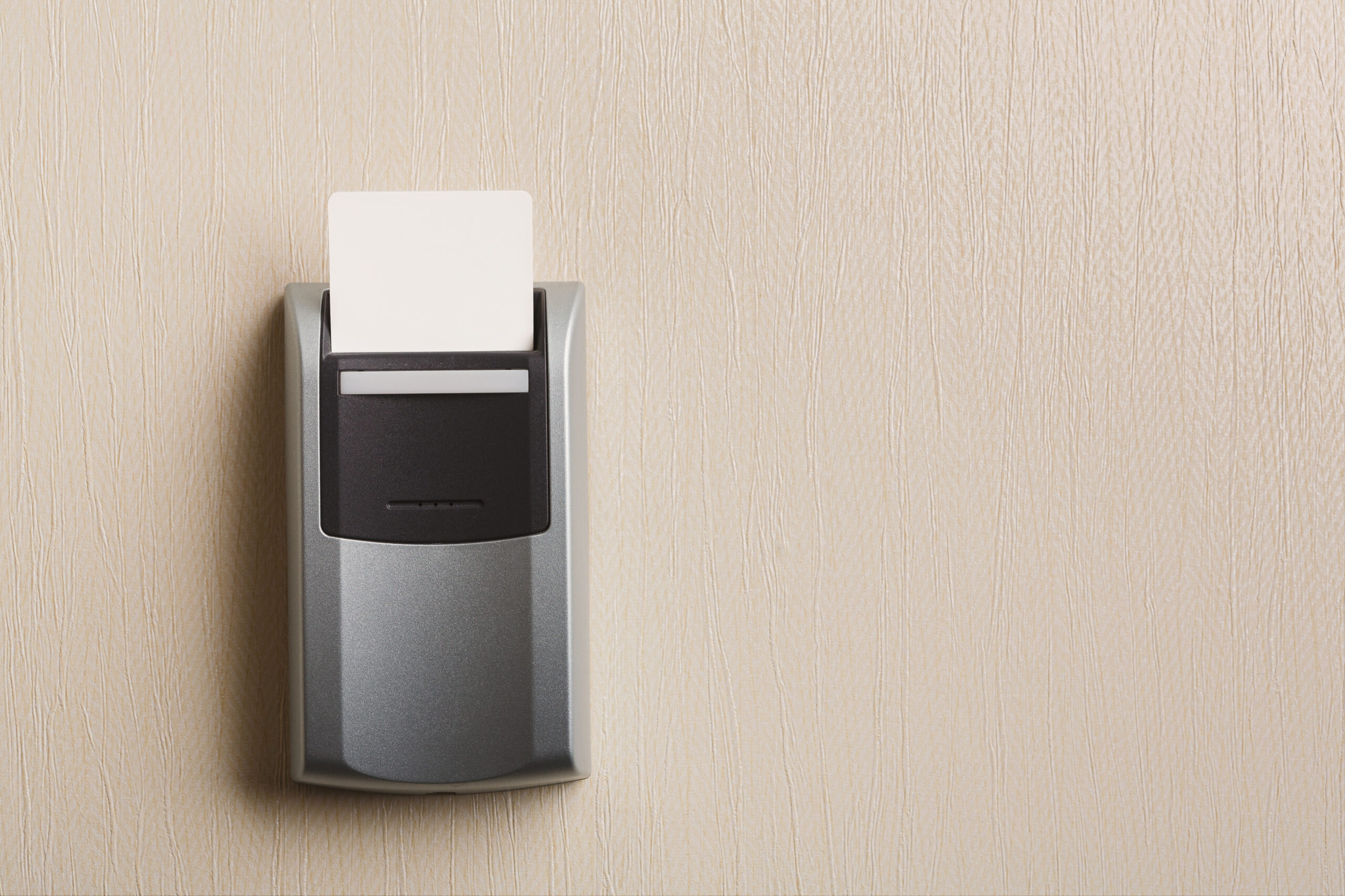If you have been granted security clearance as part of your military or marine work, you are in a fortunate position. Clearance can help with civilian recruitment after leaving the armed forces. And many of the skills you learn in the services are vital in civilian jobs and private security.
- What is Security Clearance?
- Why Clearance is Important to Employers
- Roles for People with Security Clearance
- Security Clearance in Marine Work
- Keeping Security Clearance
Obtaining security clearance tells an employer you are to be trusted. It also provides assurance that you have been vetted to the highest levels, helping secure a new job much easier. At its very core, it indicates you are a trustworthy person capable of handling sensitive information.
What is Security Clearance?
Security clearance helps agencies and organizations protect sensitive data from external threats. These include terrorists, rogue nations, and hackers. Such information includes plans of government buildings, personal data, and official secrets. Working in the UK marine services, for example, requires clearance for access to certain areas of Vanguard-class submarines.
Why Clearance is Important to Employers
You are only granted security clearance following strict controls by government agencies in the UK. Passing these controls means you are approved for accessing sensitive data that civilians are not. This makes you an asset to an employer because you are essentially officially backed by the government. Therefore, any trust issues are negated, making you a suitable candidate.
Roles for People with Security Clearance
Of course, trust with sensitive information extends beyond the armed forces and translates well in the private sector. Popular civilian jobs that require security clearance include the following:
- Cyber security and roles that deal with handling sensitive data.
- National security service support roles such as inside GCHQ.
- Positions with an ongoing threat such as the aerospace, space, and marine industries.
The marine industries, in particular, benefit from individuals with security clearance since many civilian shipbuilders, such as BAE Systems, negotiate contracts with the British armed forces.
Security Clearance in Marine Work
Some industries such as aerospace, aeronautics, and maritime/marine desire individuals with security clearance. This is typically due to the sensitive nature of contracts and systems negotiated with the UK government. Therefore, you would be a trusted asset. As a candidate for a job, an employer sees you as someone who can be trusted to adhere to strict confidentiality.
Keeping Security Clearance
You can’t simply apply for security clearance. It must be granted to you. This is usually done after passing specific checks and applies to your position. However, your clearance can be revoked when you leave your job. But you can maintain clearance when it’s transferred to a new employer. For example, moving from naval posts to civilian BAE Systems marine sites.
Summary
Security clearance can be an asset when working in the private sector. It demonstrates that you are trusted and can be extended to other roles requiring confidentiality and sensitivity. These jobs include cyber security, national security and confidential designs and data.






